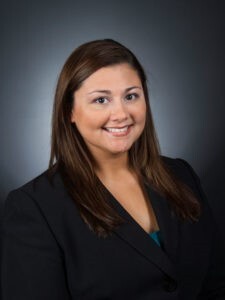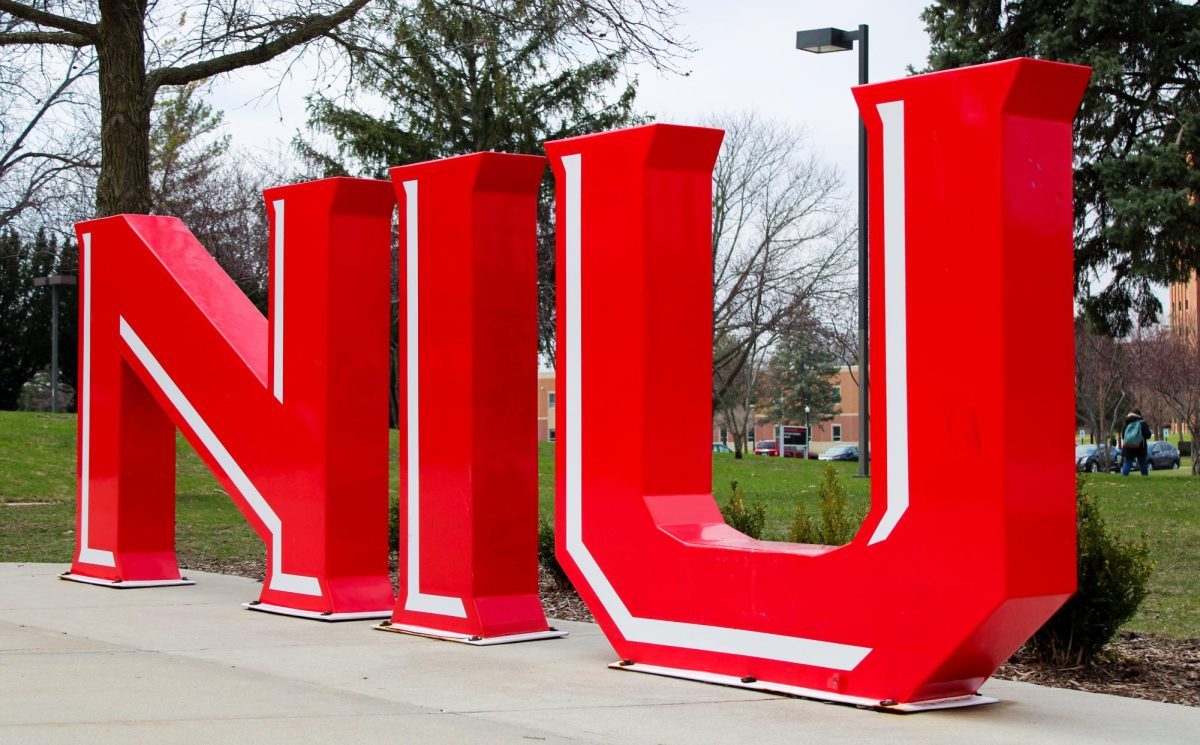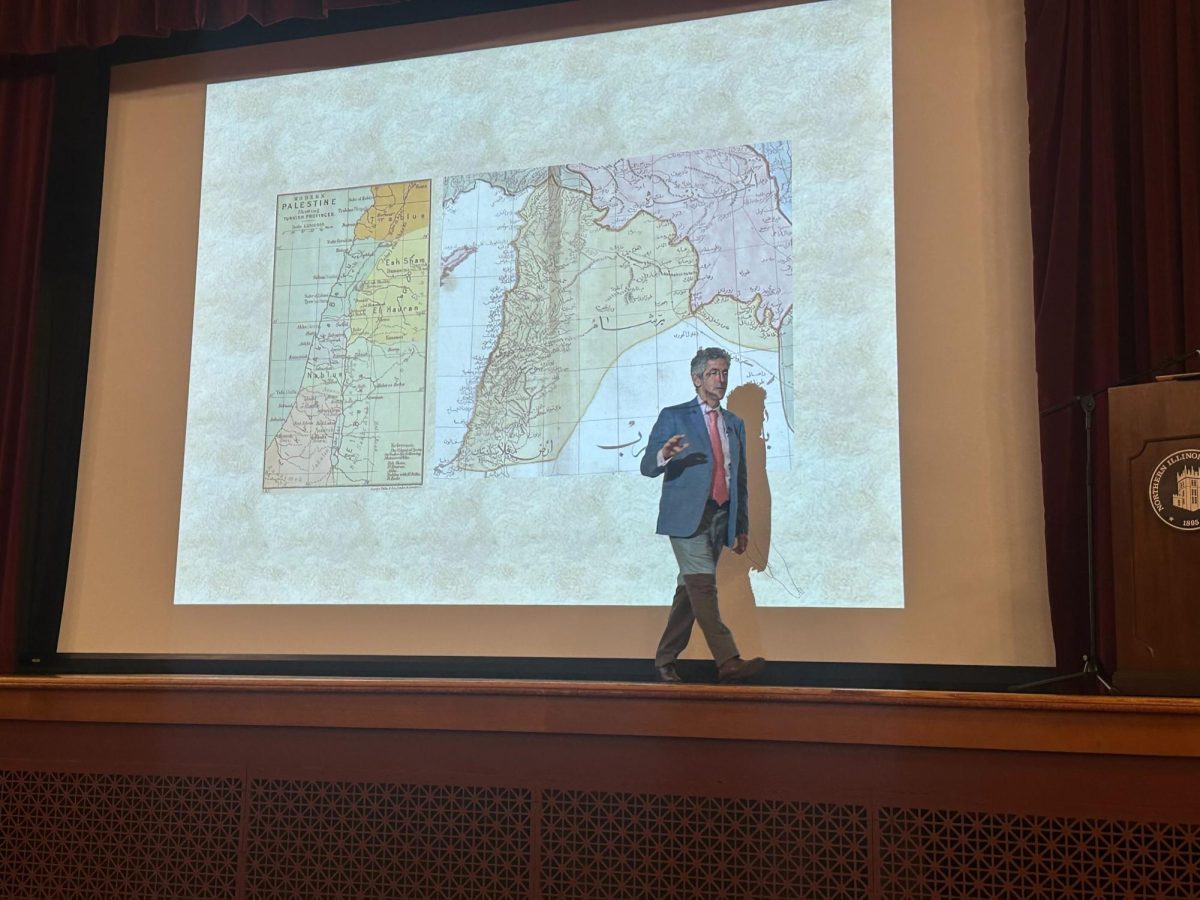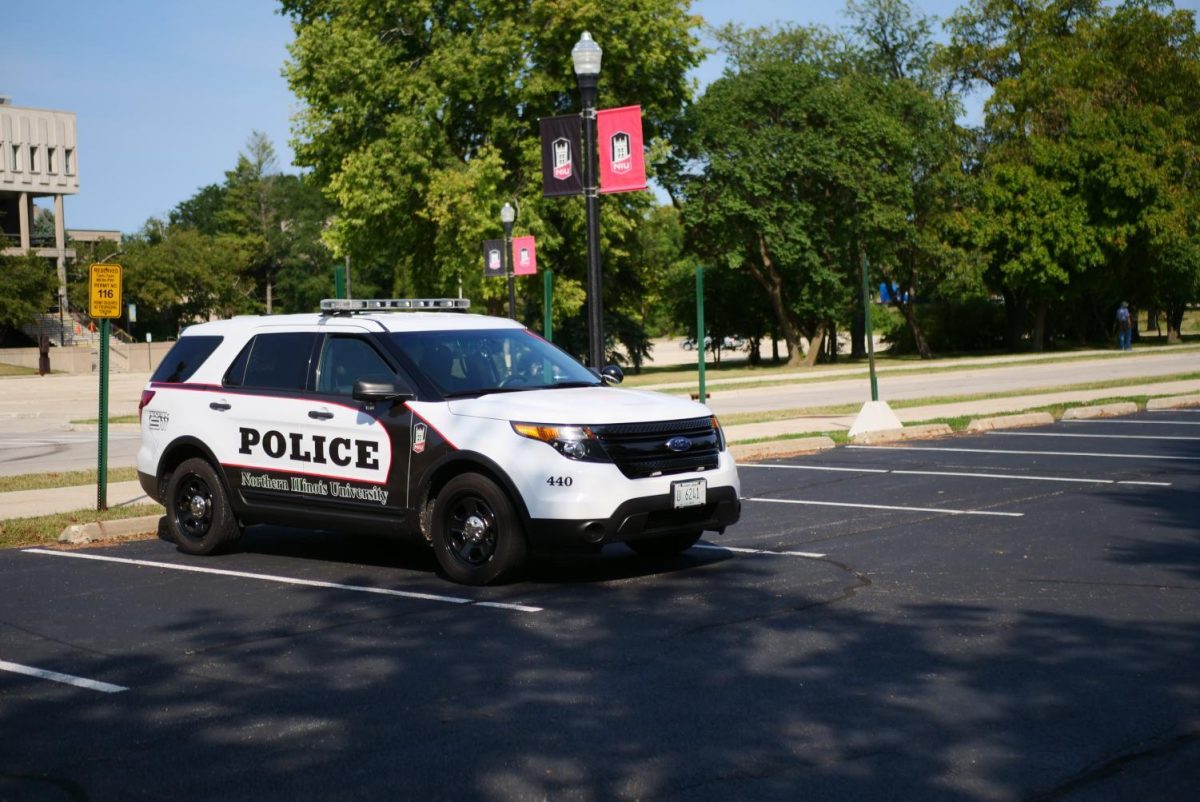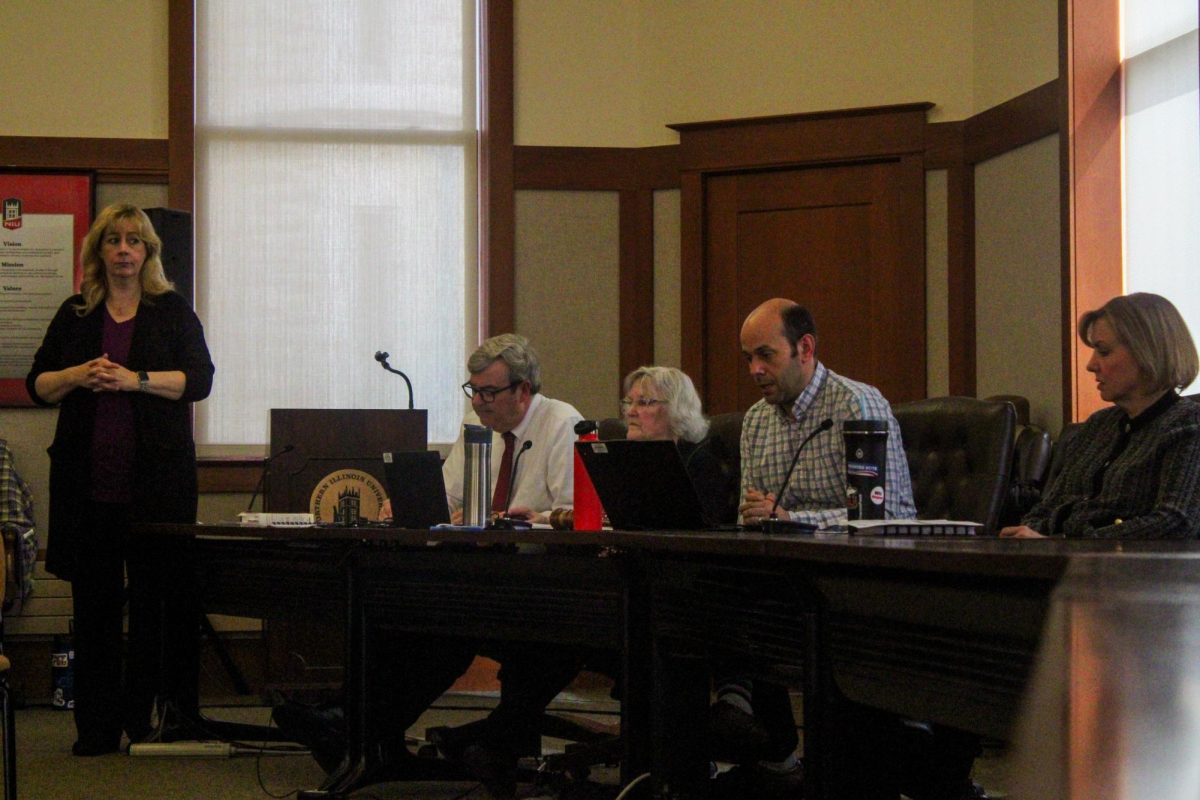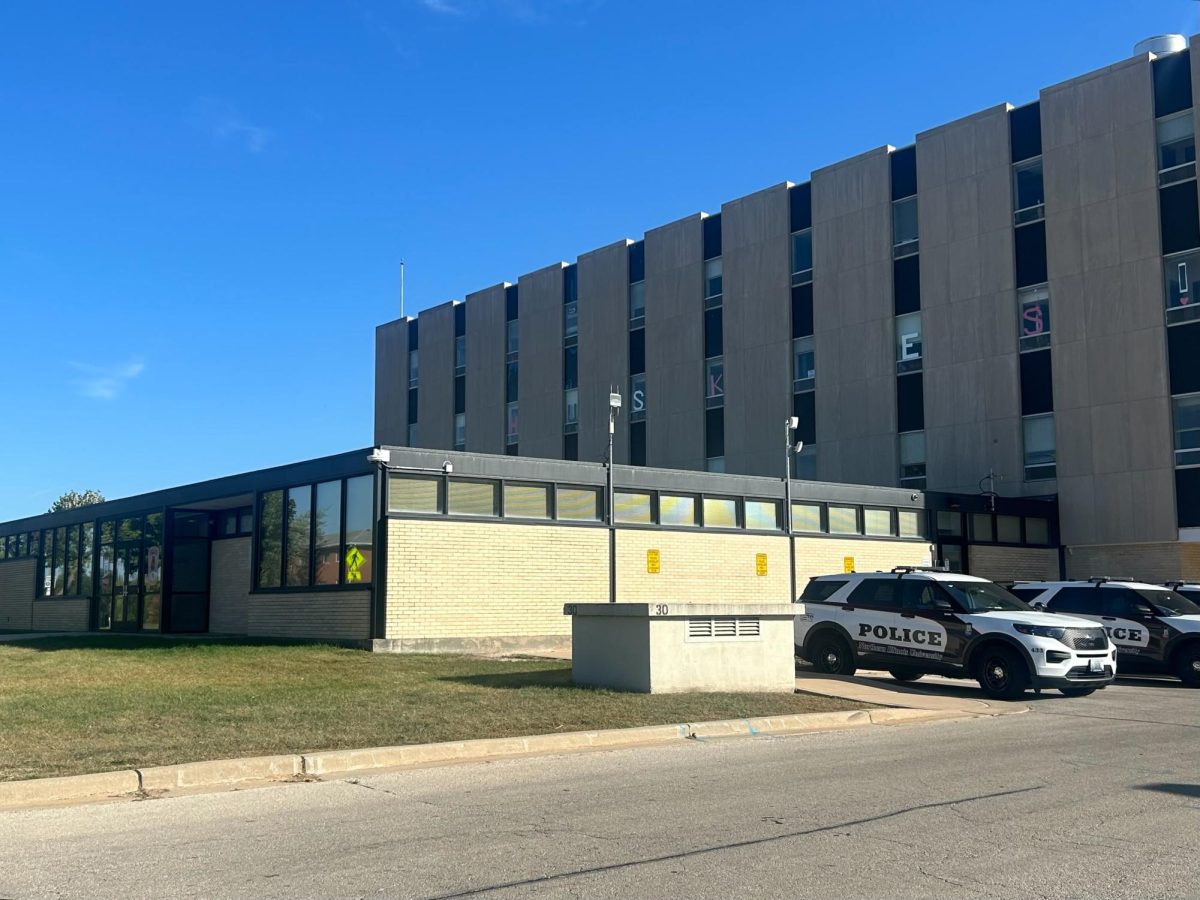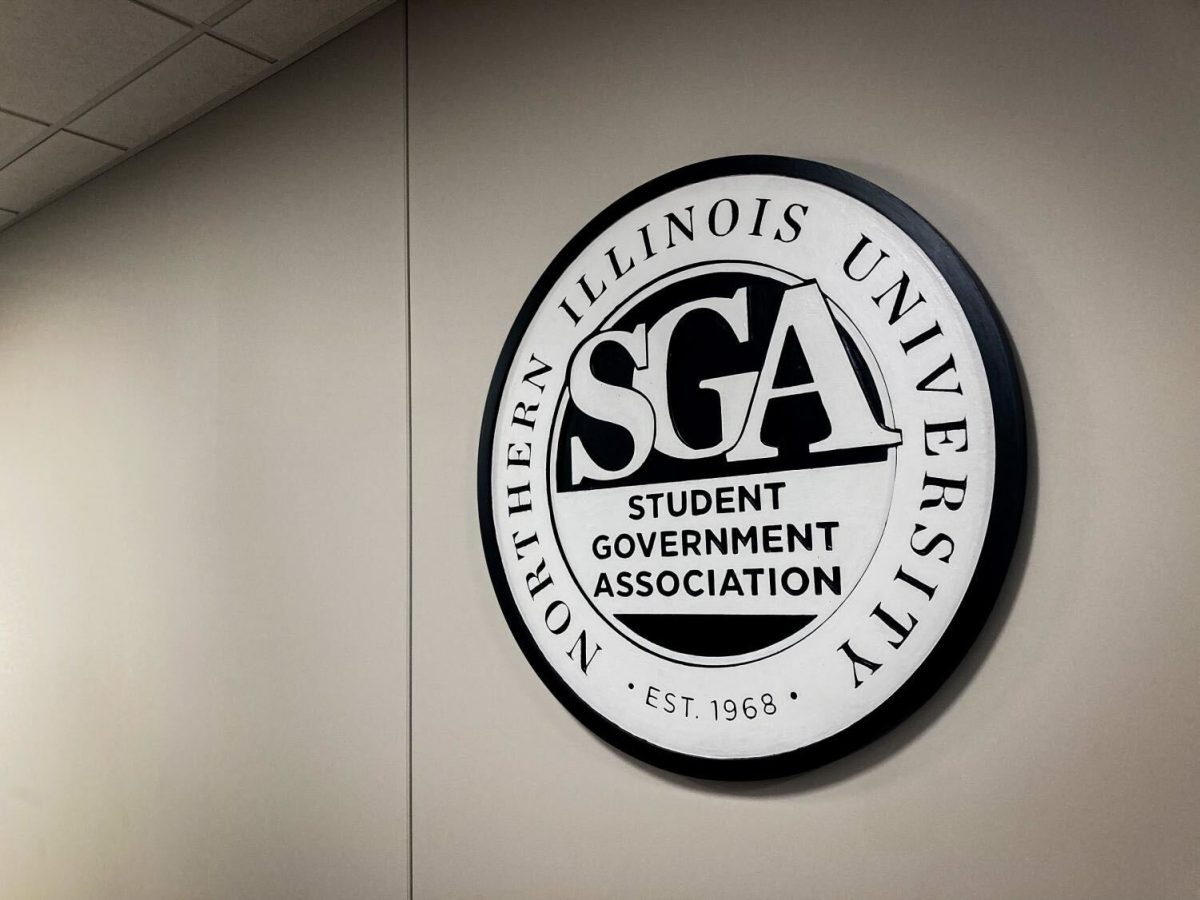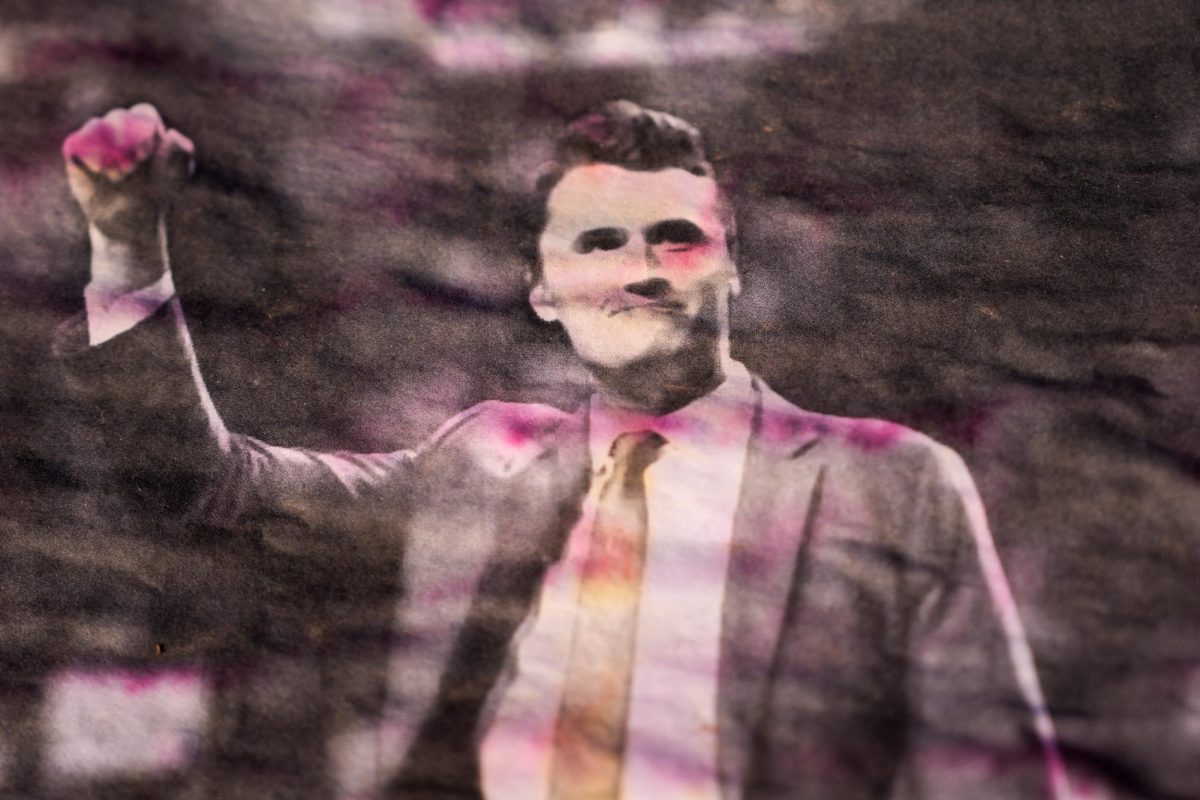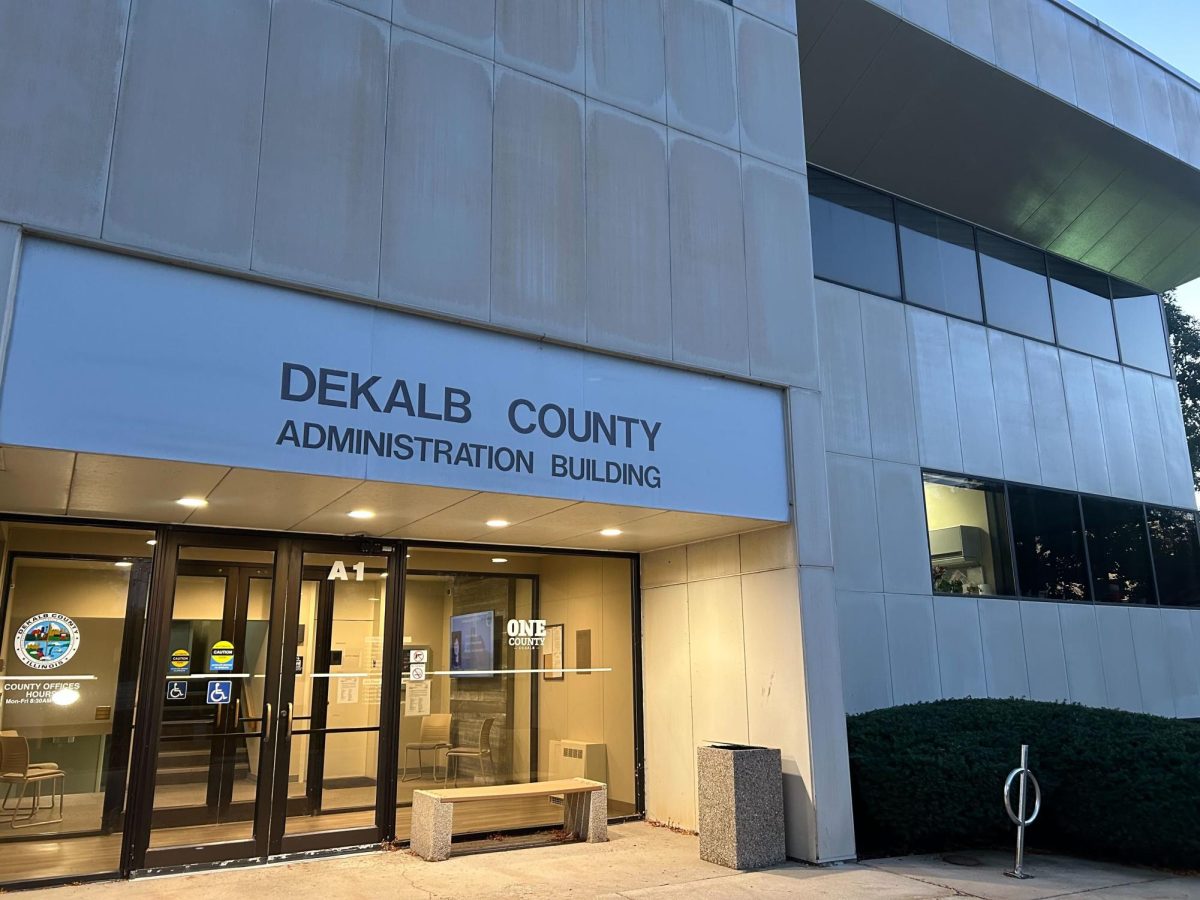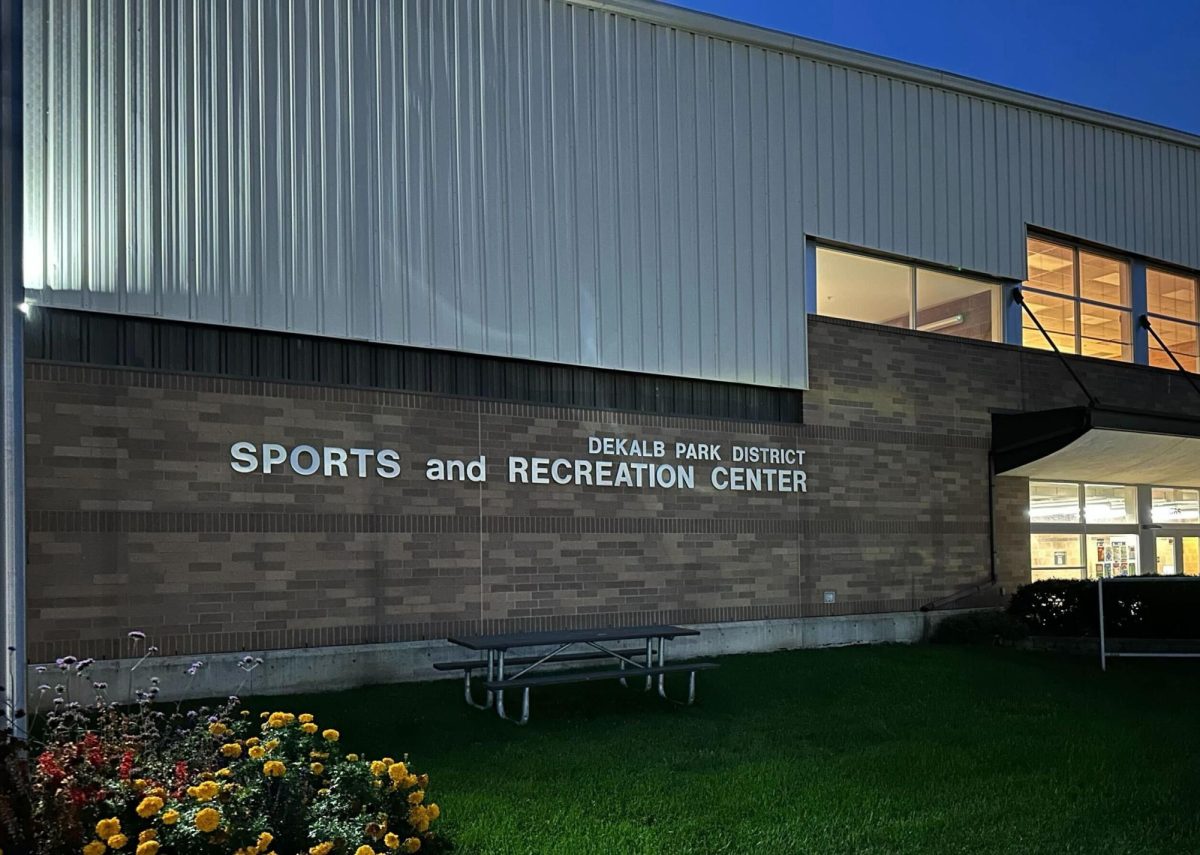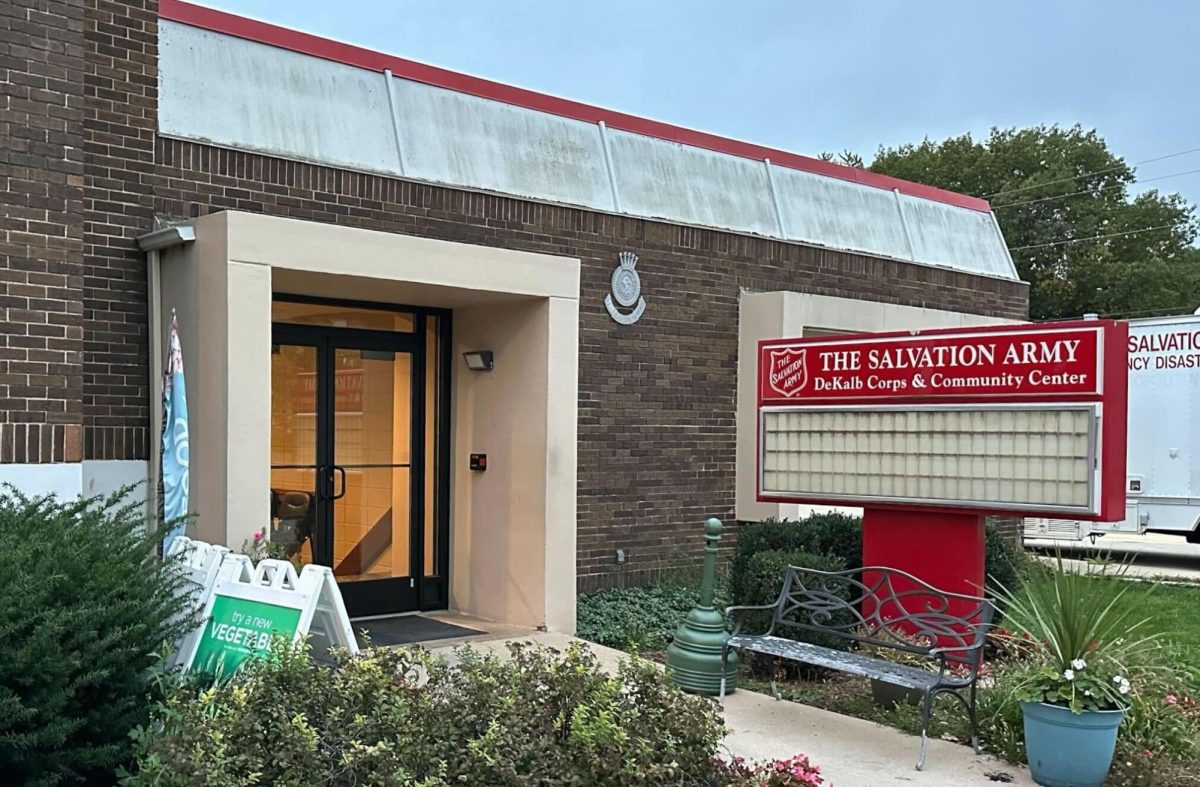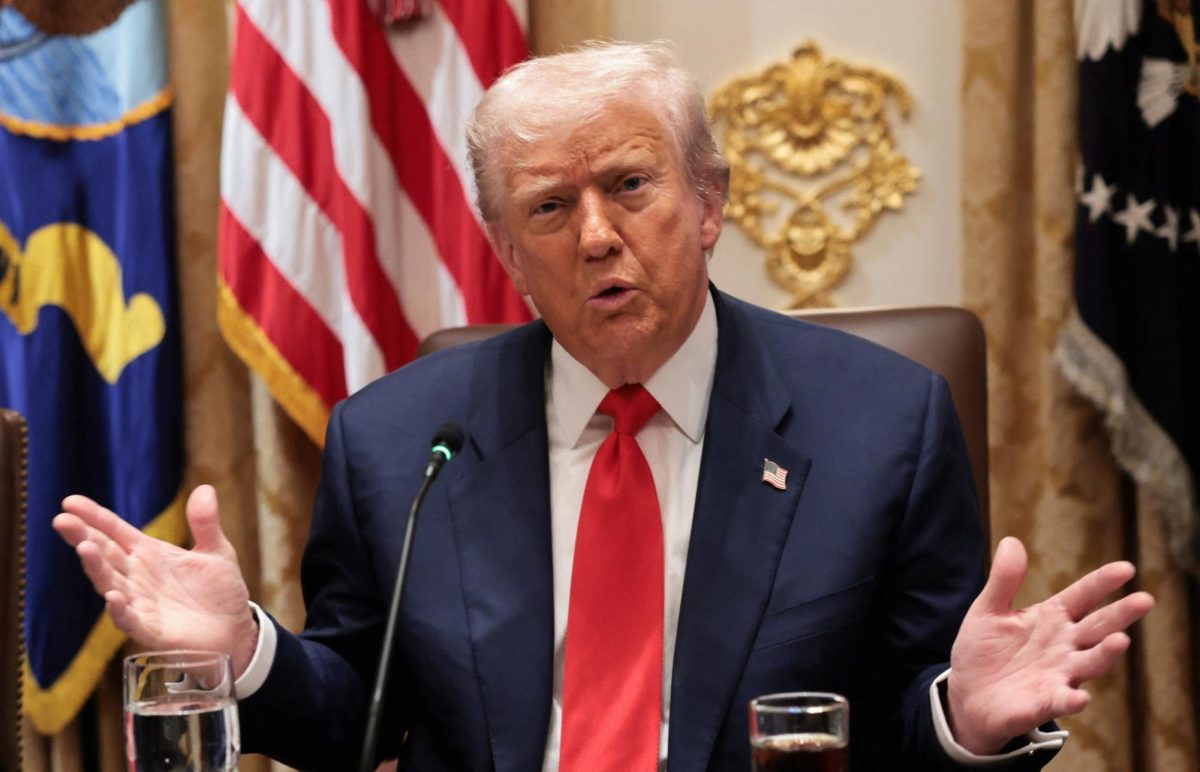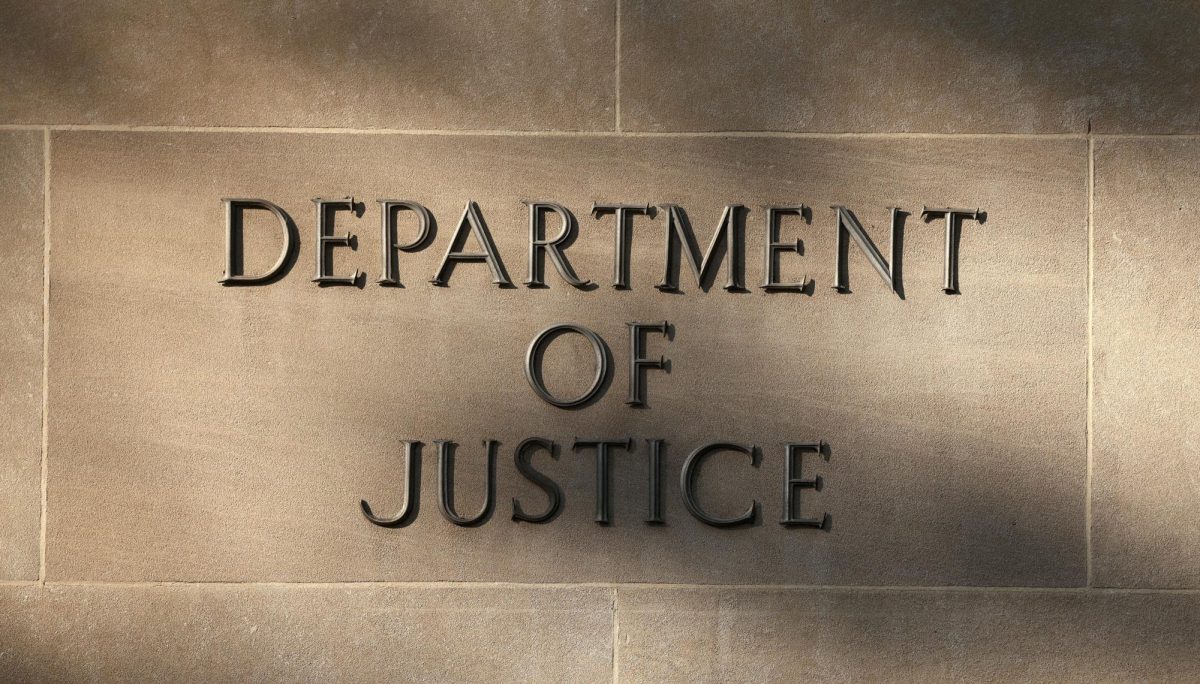DeKALB – Jade Silva Tovar, assistant vice president for DEI, sat down with the Northern Star to discuss her path to joining NIU and her goals for the university.
WHAT DO YOU LIKE TO DO IN YOUR FREE TIME?
“I’m also in a doctoral program, so my free and fun time has been very limited. I’m also going to school like everybody else and finishing writing. The fun things that I like to do: I like watching really horrible reality TV.”
“So, those are things that I like to do. I write poetry, and then I love being able to be on my peloton. I think that’s really important. And then I’m really excited, I’m in a historically Latina multicultural sorority, and so I’m excited to be back in an area that has more of my sorority sisters around and so being excited to give back to the community as we do some community service, but to get to hang out with one another and have fun.”
CAN YOU SHARE YOUR BACKGROUND AND JOURNEY THAT LEAD YOU TO THE FIELD OF DEI?
“You know, at that time in the 90s, we were being tracked. So, if you had certain test scores, you’d be tracked on the college bound, and if you didn’t have those test scores, you were tracked, in a different pathway. So I saw that even with my own family, with my little sister, who didn’t do well on test scores. I was getting information, I think more about going to college filling out job applications than she was and I just thought that that wasn’t fair. Also my lived experience as a Latina, born and raised in Iowa, just seeing how I’ve been treated, how my father was treated and just some of the things that have happened. I really believe education is a way for us to grow together as a community, and to learn and to shape society to be more inclusive, more understanding and be a global citizen for positive social change.”
“Working at the University of Iowa, doing recruitment for them and going into rural communities, in Eastern and Northeast Iowa and just seeing them not understanding what college was, but engaging families in that process. We had a lot of families that were just saying, ‘I want my child to go to college, I just don’t know how to help.’ So coming again, as an educator, just wanting to help individuals, learn how to go to college, to eliminate the barriers for understanding the possibility of college and the affordability. And so that really started creating that in all of my roles that I’ve had in higher education, I’ve noticed that there’s not been equitable outcomes for various students.”
WHAT SPECIFICALLY LED YOU TO COME JOIN NIU?
“NIU is where I felt, I could feel it in my heart, where my heart work really is, and the sense of community and camaraderie that I felt during my interview process with all of the team and ADEI. And then the student leaders that I got to meet with during that interview, they asked some very profound questions. But then they also were kind enough to share their experiences, both, you know, why they came to NIU and why they stay. And that felt like this was a place that I could be successful, but also a place where I could learn, but I could also advance the work and continue giving back to the NIU community.”
WHAT ARE YOUR GOALS FOR ADEI OVER THE NEXT FEW YEARS?
“Being able to work across the campus community and hear from the campus. Where are we excelling? Where are we doing great? Where can we expand? And where do we have opportunities to grow? That really is being able to listen to the staff, to listen to the faculty and center student voices. a part of that, I think that, for me, is how I’ve led my work is, you know, if we’re working alongside students, not for students, or that the students, you know, we’re telling the students what to do. We have to center your voices.”
“Expand the work of NIU with my colleagues in student affairs of our Truth, Racial Healing and Transformation Center, which isn’t an actual physical space, it is the name of the program, it’s a national program.”
“Defining and working with the campus community of ‘what does it mean as an emerging Hispanic serving institution?’ And then being able to achieve that status, what does that mean? And what does that look like? That’s really embedded in not just serving Hispanic Latino students, it is really a broad understanding of, we have to be an eligible institution, and that means that we have to serve students from low socioeconomic backgrounds, making sure we’re keeping costs of attendance low and that’s first gen rural students as well.”
“Other facets are being able to expand what we mean by prevention, education and outreach for the unit that I’ll oversee, how can we embed our cultural centers in key points in the collegiate experience? So from recruitment to retention efforts, graduation and engaging back our alumni, in those, I think, part of the work is also establishing equity goals, and aligning that with the university’s strategic plan.”
ARE THERE ANY INITIATIVES YOU’RE LOOKING TO PROMOTE ON CAMPUS?
“One of the bigger ones is our Truth, Racial Healing and Transformation Center work. This last October, we launched the Real Talk Conference. And so, we plan to do that every year and to expand that work.”
“For our emerging HSI and Hispanic Serving Institution designation. What do we need to do to achieve that designation as an institution, and working alongside the working group that’s already been established, and really looking at where’s our data, where’s our leadership, and where’s our practice, to be able to apply for some recognition because I know we’re doing wonderful things on campus.”


